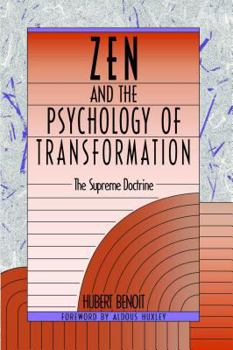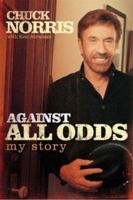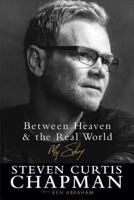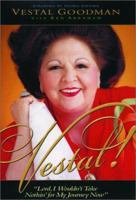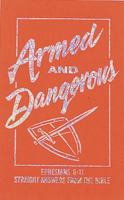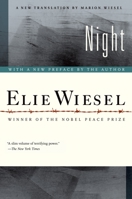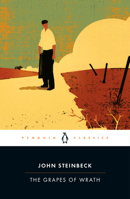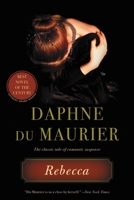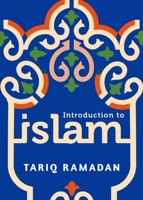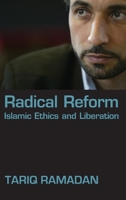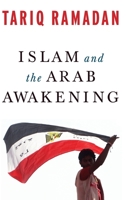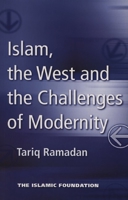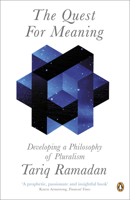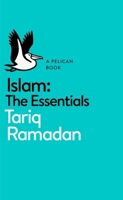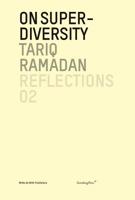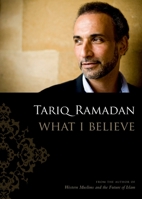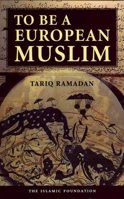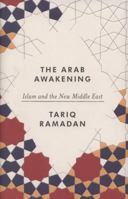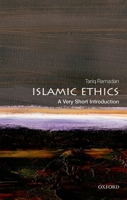Zen and the Psychology of Transformation: The Supreme Doctrine
Select Format
Select Condition 
You Might Also Enjoy
Book Overview
Customer Reviews
Rated 5 starsMay change your life
Benoit is brave to get to the heart of Zen in a way that is not usually done by Chan masters. Excellent translation by someone who knows the stuff, who himself is an authority onthe subject. This book simply tells you how to look at your true nature. That's all. Each chapter is independent of other and approaches this difficult task of looking within from fresh angles. Only problem is that it requires some prerequisite...
0Report
Rated 5 starsExcellent stuff, but be prepared
This book attempts to put Zen into the realm of western thinking. It has the right stuff. Unfortunately, it is sometimes very difficult to read and comprehend. Perhaps it is the translation from French, but I found the phrasing, punctuation, and some of the vocabulary very cumbersome. Take a look at the excerpts on this page to see a sample of the style. Nonetheless, this book is a must read for anyone seriously investigating...
0Report
Rated 5 starsPerhaps the profoundest book ever written on Zen
Zen is probably the most radical approach to existence devised through human history. Authentic Zen has nothing New Age or feel-good about it: it promises no comfort or self-aggrandizement, only absolute existential salvation, and THAT only have a laborious emptying out of the cup of ego that runneth over.Most Zen masters refuse to discuss the discipline or explain it. Hubert Benoit takes the opposite, and for intellectually-inclined...
0Report
Rated 5 starsA profound classic!
I have read this book several times over the course of five or so years; a rare occurence for me. The fact that Aldous Huxley writes the foreword should speak volumes in itself. In Huxley's own words this profound classic seeks to break through all that "obstructs the flow of life and grace and inspiration." A challenging read, but I doubt that you would regret having this book in your life. Consider it yeast!
0Report
Rated 5 starsAncient Zen for the Modern World
Few of us have the opportunity to retreat into an actual monastic way of life for years and years in order to sink into the nature of Zen experience. Therefore, many branches of Zen, with their emphasis on monastic methods, are often somewhat anachronistic amid the modern world of busyness, speed, information, and seemingly continual bombardment from every direction. Hubert Benoit's Zen and the Psychology of Transformation...
0Report










